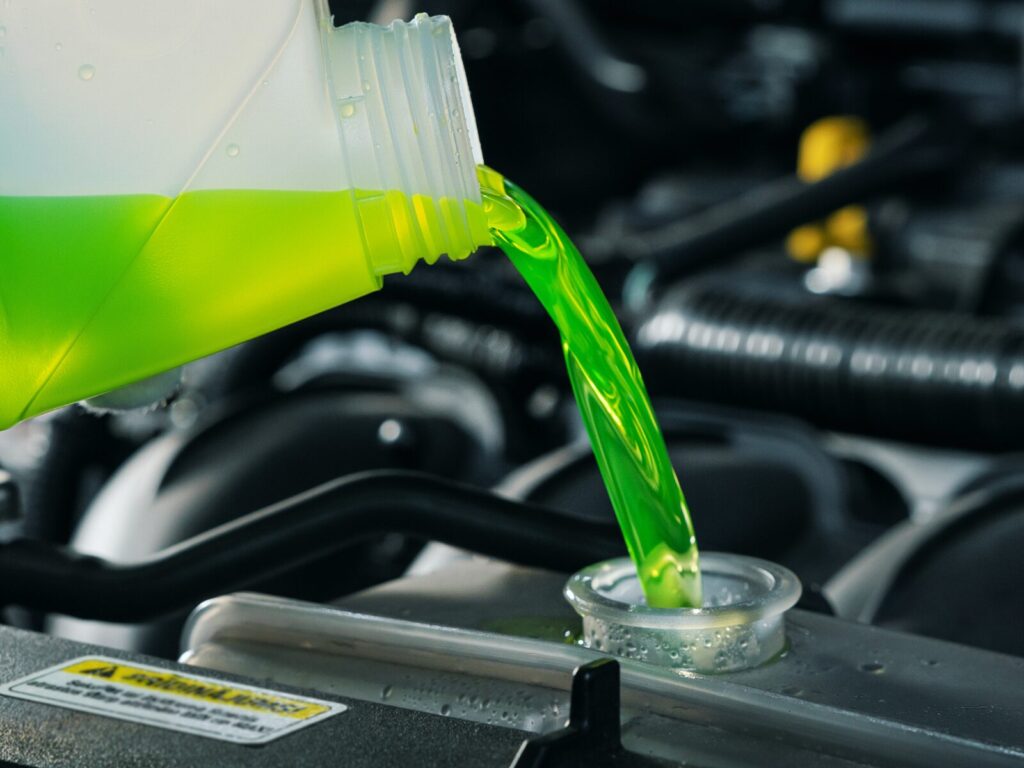ASTM D1177: Engine Coolant Testing
ASTM D1177 is the Standard Test Method for Freezing Point of Aqueous Engine Coolants, establishing a detailed, reliable procedure for determining the freezing point of aqueous-based engine coolants. This testing method serves as quality control by ensuring engine coolants maintain optimal performance in low and freezing temperatures.
This ASTM standard is widely used across the automotive, aviation, and aerospace industries, where engine coolants are responsible for managing temperatures and preventing freezing. Engine coolants that freezes can lead to blockages and malfunction, ultimately causing engine overheating, damage, or complete system failure. ASTM D1177 provides a specific approach to determining this freezing point of coolants through a laboratory freezing test. This test can measure the cooling performance of the coolant in a controlled environment to ensure it meets specifications before being used in the field.
ASTM D1177 at Applied Technical Services
Our temperature testing experts begin coolant testing by gradually lowering the temperature of a coolant sample in a test chamber, where it begins to solidify. Temperature-testing equipment is used to observe the sample’s temperature as it drops, with the temperature at which crystals first appear noted as the initial freezing point. The ASTM D1177 method emphasizes precise measurements and accurate control of temperature to ensure repeatability and allow test results to be compared across different laboratories.
This testing standard requires that the coolant mixture be accurately prepared according to its intended application. The test specifies the sample must be an aqueous solution, typically containing common antifreeze agents such as ethylene glycol or propylene glycol. Depending on the coolant’s intended use, the glycol-to-water ratio is adjusted to ensure the solution meets the specific freezing-point criteria needed for intended/optimal performance.
The ASTM D1177 testing standard also emphasizes the importance of sample conditioning and preparation to maintain consistency. The test sample must be free of contamination or suspended particles, and the testing apparatus must meet specified criteria for cooling rates and temperature control. This ensures that ambient temperature fluctuations do not affect the test’s outcome, preserving accuracy.
The Coolant Testing Experts at ATS
With a wide range of testing facilities and laboratories, state-of-the-art equipment and technologies, highly trained and experienced staff, and a long list of certifications and accreditations, the Applied Technical Services Family of Companies has the tools and resources to help your business achieve success.
Get in touch with a member of our customer service team today by calling 1 (888) 287-5227 and let us show you just how easy engine coolant testing can be.



